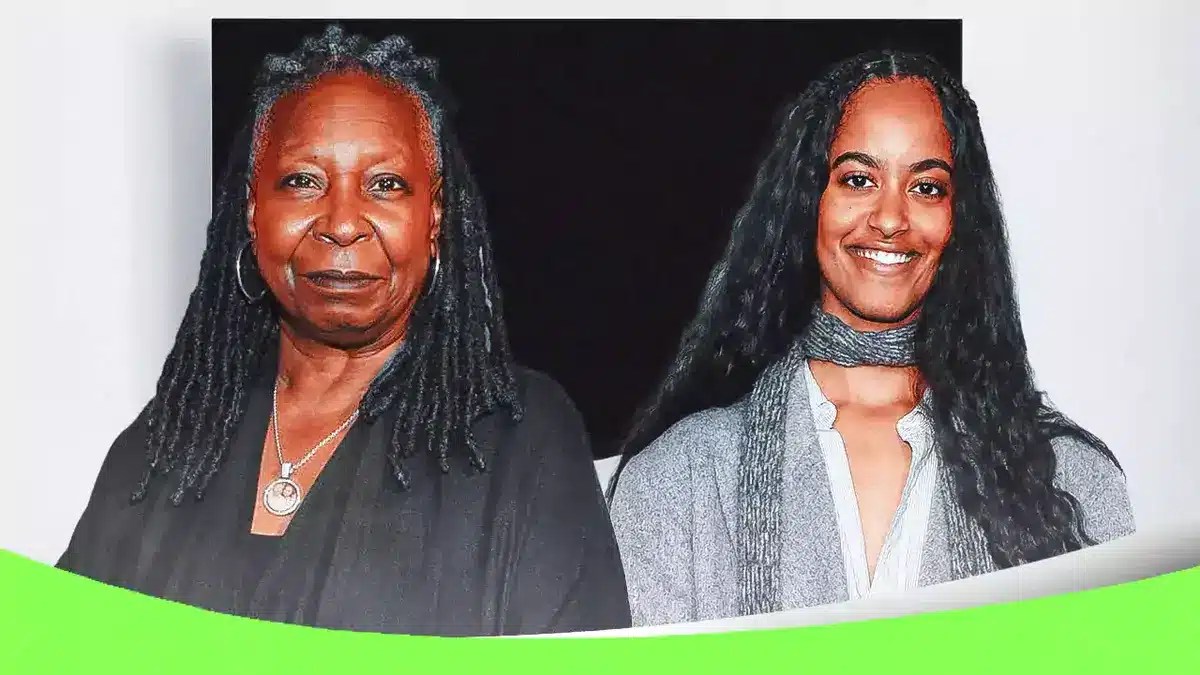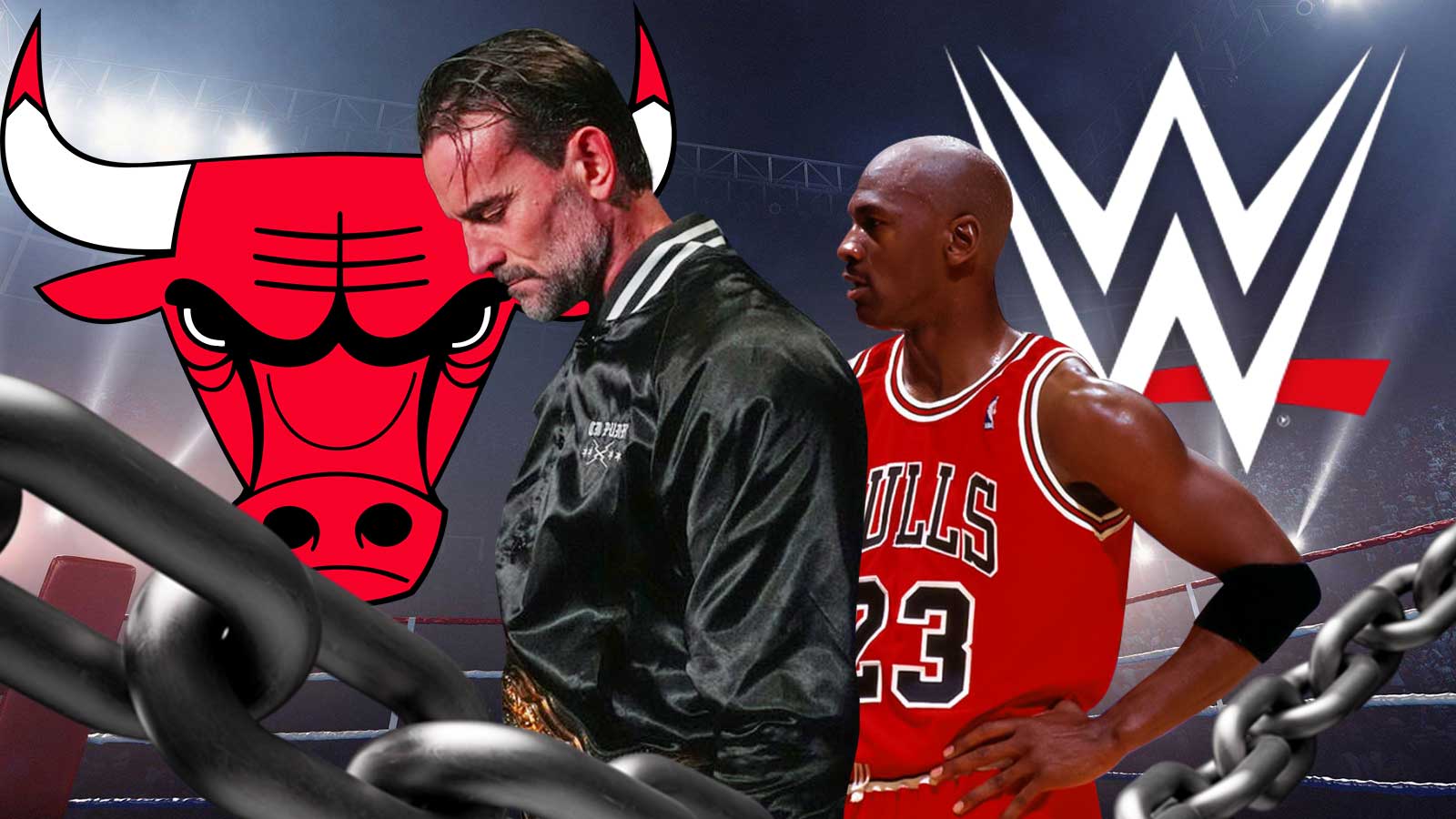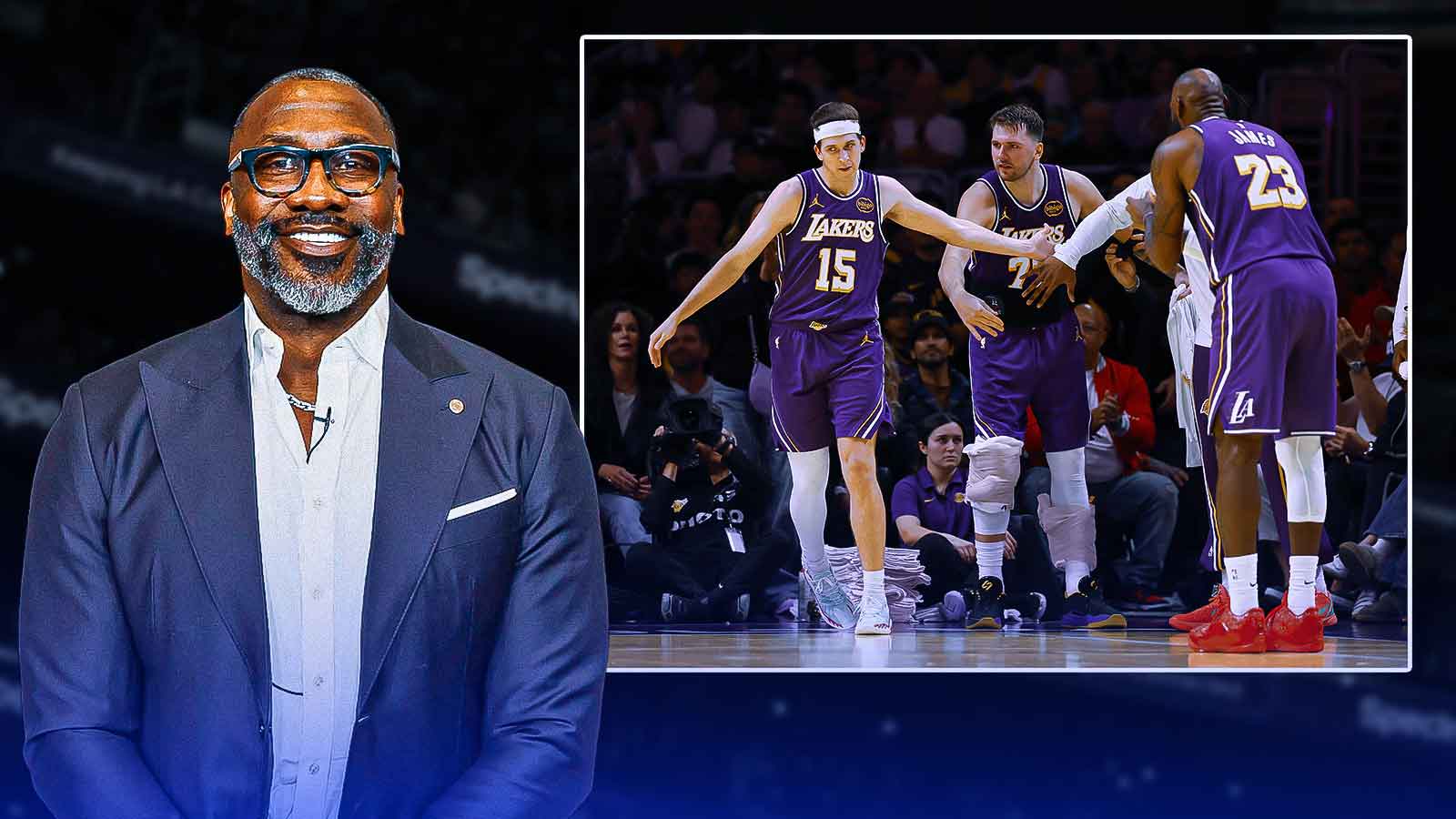A controversy has erupted following Malia Obama's involvement in the creation of two promotional videos for A'ja Wilson's new signature Nike shoe, the A’One. The short films, which dropped just ahead of the product launch on May 6, have sparked accusations of inspiration being taken from an emerging filmmaker’s Sundance work, per TMZ. Natalie Jasmine Harris, a 26-year-old filmmaker, claims that Obama's video closely mirrors elements from her own Sundance Film Festival feature, Grace, particularly a scene involving a child teaching a game of “Miss Mary Mack” while sitting on a stoop.
In Obama's first video, a young girl teaches Wilson how to play “Miss Mary Mack,” altering the lyrics to reflect the basketball star’s achievements. As the video progresses, Wilson, who initially struggles with the clapping choreography, eventually nails it with the help of the young instructor. The second video features a personal interview with Wilson at Big T’s Bar-B-Que in Columbia, South Carolina, a nod to Wilson’s roots.
It Gets Deeper
However, Harris has expressed frustration over the striking similarity between Obama's video and a scene in Grace, in which two characters also engage in a hand game on a staircase. Harris has publicly shared her disappointment on social media, stating, “I know art often overlaps, but moments like this hit hard when you’ve poured your heart into telling stories with care and barely get the recognition you deserve.” The filmmaker also criticized the system, claiming that emerging voices like hers often face an uphill battle for recognition compared to those with established connections.
This isn't the first time that Obama’s involvement with Nike has drawn attention. In February, rumors swirled that the former first daughter had been spotted in Columbia, South Carolina, on the same day that Wilson’s Gamecocks jersey was retired. While Malia Obama’s work with Nike marks another milestone in her growing filmmaking career, Harris's critique raises questions about credit and creative ownership in an industry where emerging voices often struggle to be seen.



















